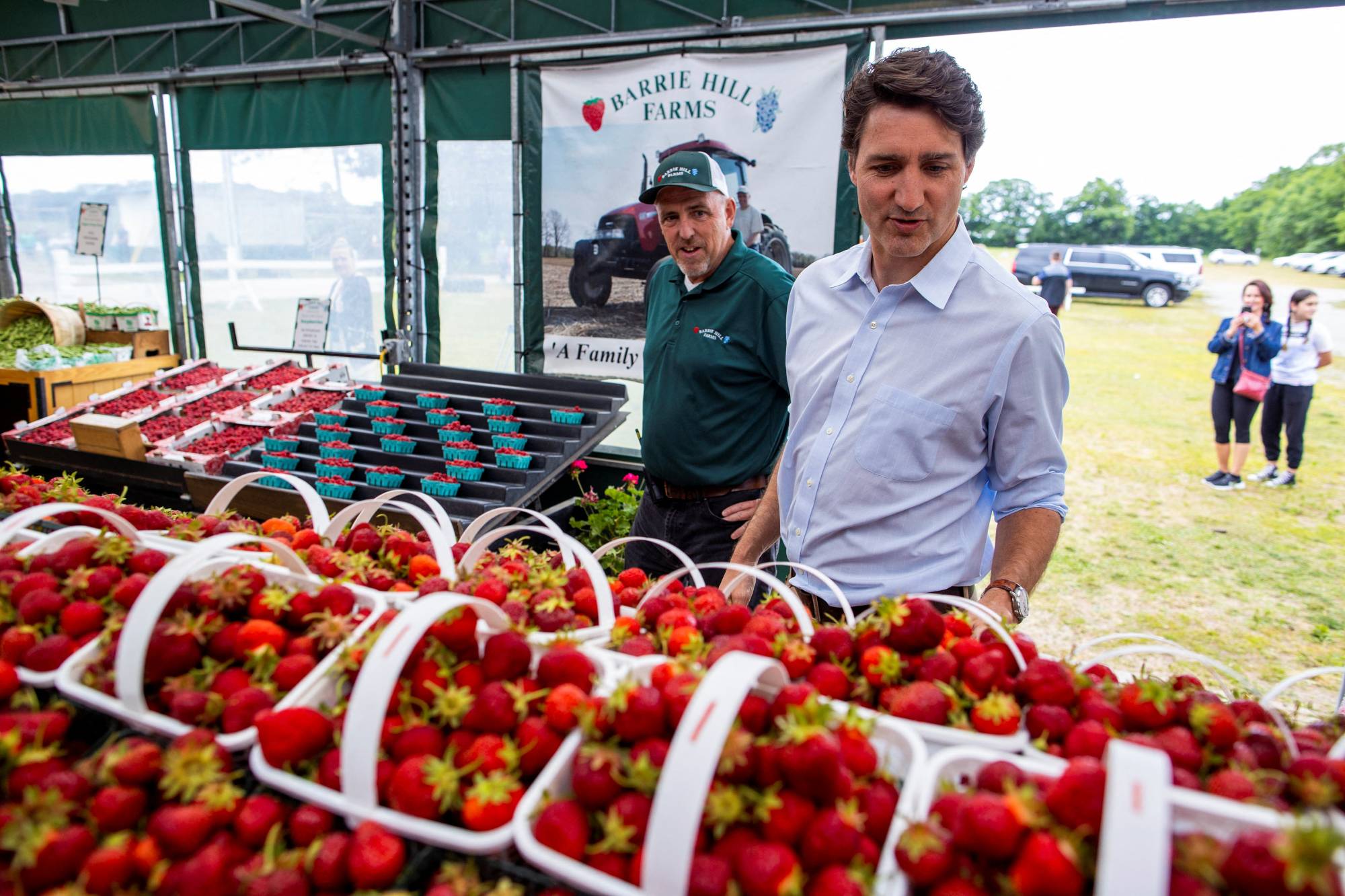Canadian Prime Minister Justin Trudeau’s push to accelerate the fight against climate change is sparking a showdown with the nation’s farmers, who say it’s threatening food supplies — and their profits.
The government is proposing to cut emissions from fertilizer 30% by 2030 as part of a plan to get to net-zero in the next three decades. But growers are saying that to achieve that, they may have to shrink grain output significantly at a time when the world is scrambling for more supplies. Also at stake is the estimated 10.4 billion Canadian dollars ($8.08 billion) that farmers could lose this decade from the reduced output.
The tension comes as efforts to cut carbon dioxide emissions related to energy are lagging, so policymakers are increasingly looking to other sectors, including agriculture. Climate targets on nitrogen in the Netherlands, for example, spurred protests from farmers worried they’d be forced out of business. Cattle and fertilizer are key sources of nitrogen emissions. Angry Dutch farmers brought cows to parliament, threatened to slaughter them and blockaded food distribution centers serving major supermarkets.

















With your current subscription plan you can comment on stories. However, before writing your first comment, please create a display name in the Profile section of your subscriber account page.